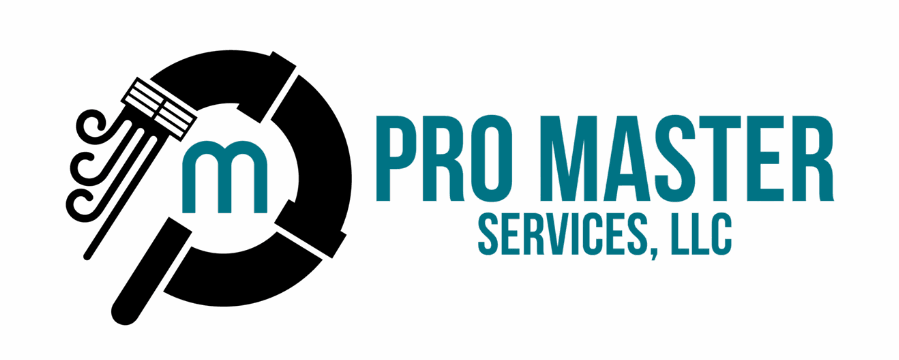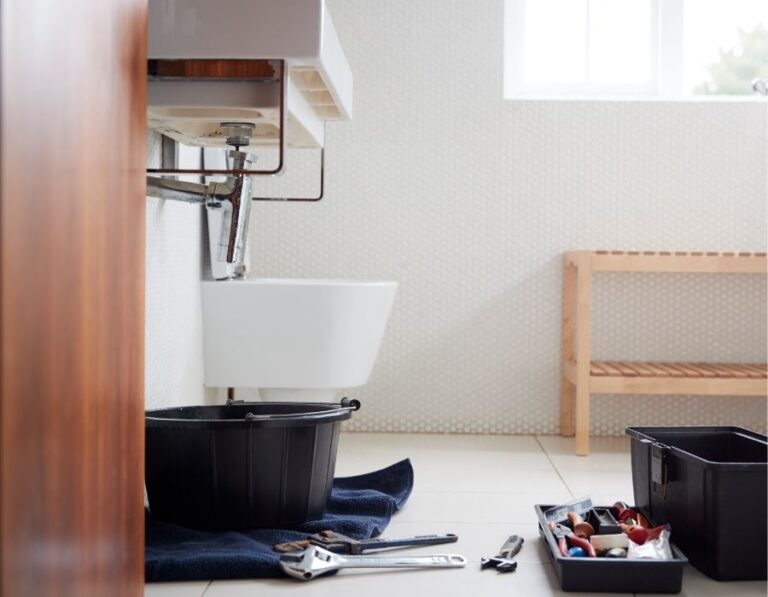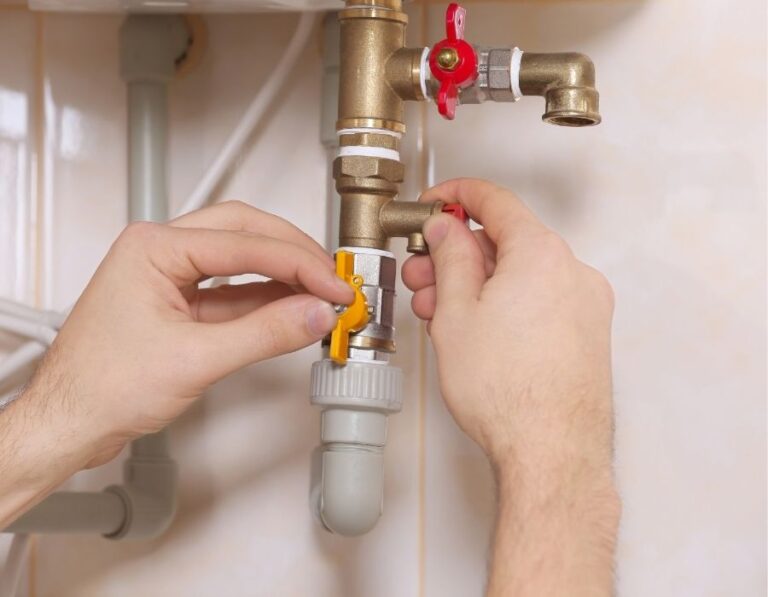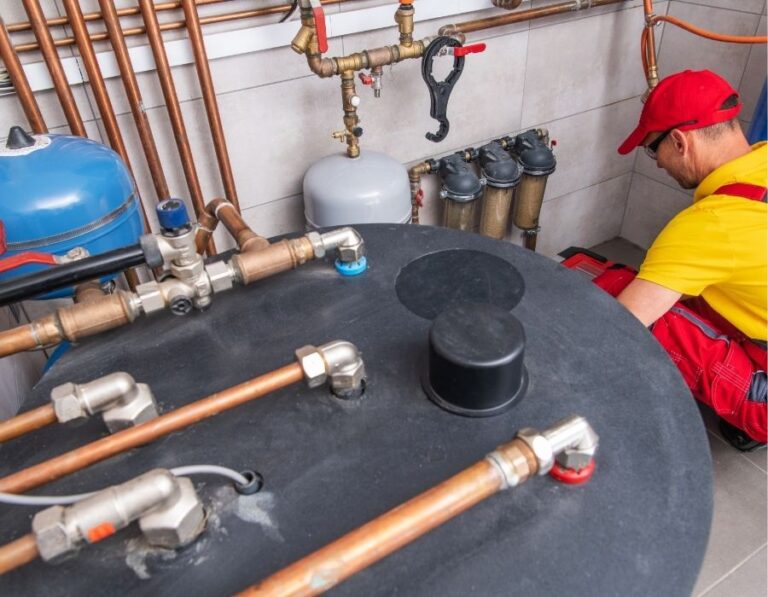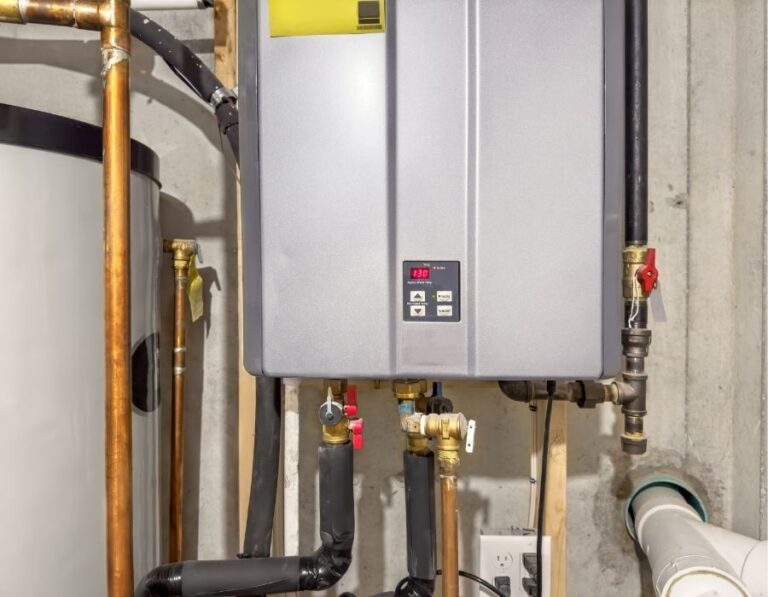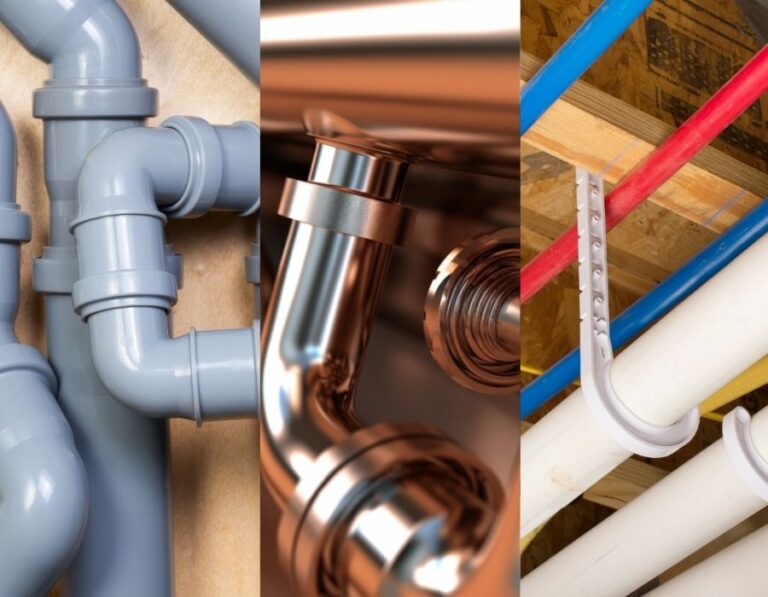The Dangers of DIY Plumbing: When to Call the Professionals
In today’s DIY-driven world, it’s tempting to believe that a quick online search and a few tools are all you need to fix a leaky faucet or unclog a drain. With countless tutorials and home improvement shows promoting do-it-yourself plumbing as an easy, budget-friendly solution, many homeowners dive in headfirst. But beneath the surface of those seemingly simple fixes lie hidden dangers that can quickly spiral out of control.
DIY plumbing projects often lead to costly mistakes, structural damage, and even serious health hazards if not executed properly. From violating building codes to creating hidden leaks that foster mold growth, the risks are real and they’re not worth the gamble. Understanding the pitfalls of amateur plumbing and knowing when to bring in a licensed professional can save you from financial strain, legal troubles, and unnecessary stress.
In this article, we’ll explore why opting for professional plumbing services isn’t just the safer route—it’s the smarter choice.
The Risks of DIY Plumbing
1. Water Damage and Mold Growth
What starts as a slow drip can rapidly escalate into a disaster. DIY repairs or improper installations often fail to contain water effectively, leading to leaks behind walls, under floors, or within ceilings. Over time, this moisture builds up and fosters mold growth—posing significant health risks such as respiratory irritation, allergic reactions, and long-term illness. Even worse, water damage can compromise your home’s structural integrity, resulting in costly repairs and renovations.
2. Health Hazards from Contaminated Water
When amateur plumbing work disrupts or incorrectly connects water lines, it can lead to cross-contamination. That means wastewater or chemicals may seep into your clean water supply—putting your household at risk for serious health issues like gastrointestinal infections, skin irritations, and other illnesses caused by harmful bacteria or chemicals. Ensuring your drinking water stays safe and pure requires expert handling.
3. Electrical and Safety Risks
In homes, plumbing rarely operates in isolation. Water lines often run close to electrical wiring, especially in kitchens, bathrooms, and laundry areas. A DIY mishap here could result in electrical shock or even fire. Moreover, working on or near gas lines without the necessary training can lead to leaks or explosions—endangering not just your property but your life and the safety of your neighborhood.
4. Voiding Warranties and Insurance Coverage
Did you know that many plumbing-related products like water heaters, dishwashers, or sump pumps come with manufacturer warranties that require professional installation? If you attempt repairs or installations yourself, you might unintentionally void these warranties. Even more concerning, homeowners insurance policies often exclude coverage for damage caused by unlicensed or unauthorized repairs. That could mean footing the entire bill for a burst pipe or water-damaged flooring.
5. Legal and Code Violations
Plumbing isn’t just about pipes, it’s about meeting strict codes and regulations that ensure a home’s safety and efficiency. DIY work that doesn’t comply with local codes can lead to fines or failed inspections. Worse yet, it can delay or complicate the sale of your home. Licensed plumbers are trained to meet legal requirements, ensuring your plumbing is up to code and avoiding any future legal headaches.
Common DIY Plumbing Mistakes
Even well-intentioned homeowners can make critical errors when tackling plumbing repairs on their own. These mistakes may seem minor at first but can lead to extensive damage, costly repairs, and even health hazards. Here are some of the most frequent DIY missteps:
1. Overtightening Connections
It’s a common misconception that tighter is always better. In reality, overtightening pipe fittings, bolts, or supply lines can crack fittings or strip threads—creating leaks that may not be immediately noticeable. This can cause hidden water damage that worsens over time.
2. Using Incorrect or Incompatible Materials
Mixing different types of pipes—such as connecting copper to galvanized steel without proper fittings can lead to galvanic corrosion. This weakens the piping system, increases the risk of leaks, and reduces the overall lifespan of your plumbing.
3. Improper Use of Chemical Drain Cleaners
While chemical drain cleaners offer a quick fix, they can be incredibly harsh on your plumbing. Repeated use can erode pipes, particularly older ones, and contribute to environmental harm. Worse yet, combining cleaners or using them in a blocked pipe can result in dangerous chemical reactions.
4. Failing to Shut Off the Water Supply
One of the simplest but most damaging mistakes is forgetting to turn off the water supply before beginning a repair. This oversight can cause uncontrolled flooding, leading to water damage, ruined flooring, and costly clean-up.
5. Ignoring Ventilation Requirements
Plumbing systems require proper venting to allow sewer gases to escape. Skipping this step or venting incorrectly can lead to foul odors and dangerous gases entering your home. A licensed plumber ensures proper airflow to maintain both performance and safety.
When to Call a Professional Plumber
While some minor plumbing tasks can be managed with basic tools and patience, others require the expertise of a licensed professional. Knowing when to call for help can prevent a minor inconvenience from becoming a costly disaster. Here are key situations where it’s best to bring in the pros:
1. Persistent Clogs
If plunging or drain cleaning products don’t resolve the issue, the clog may be deeper in the system or there may be a more serious problem like tree root intrusion or collapsed pipes. Professional plumbers use specialized equipment like augers and camera inspections to diagnose and remove obstructions effectively.
2. Low Water Pressure
A sudden or persistent drop in water pressure might be more than just a city-wide issue. It can signal leaking pipes, hidden blockages, or even pipe corrosion—especially in older homes. A plumber can identify the root cause and restore pressure without damaging the system.
3. Water Discoloration or Odors
Brown, yellow, or cloudy water—or water that smells metallic, sulfuric, or musty often indicates contamination. This could be from rusting pipes, sediment buildup, or intrusion of harmful bacteria. Professional diagnosis is essential to ensure your water is safe to use and drink.
4. No Hot Water
Lack of hot water typically points to problems with your water heater, such as a faulty thermostat, broken heating element, or sediment buildup. These systems can be hazardous if tampered with, making professional servicing the safest option.
5. Visible Water Damage
Stains on ceilings, peeling paint, warped flooring, or damp odors are often signs of hidden leaks behind walls or under floors. Professionals can detect the source using thermal imaging or moisture meters, minimizing further structural damage.
6. Installation of New Fixtures
Whether you’re upgrading a faucet, installing a dishwasher, or adding a new toilet, precision matters. Incorrect installation can void warranties, cause leaks, or lead to long-term issues. Professionals ensure that all connections are secure and compliant with building codes.
Benefits of Hiring a Professional Plumber
Hiring a professional plumber offers numerous advantages that go beyond fixing immediate issues. With their extensive training and real-world experience, licensed plumbers can accurately diagnose complex problems and implement reliable, long-term solutions. They also bring access to specialized tools such as inspection cameras and hydro-jetters that allow for efficient and precise repairs most homeowners can’t achieve on their own.
Importantly, professionals perform all work in compliance with local building codes, helping you avoid legal complications and failed inspections down the road. Many also offer warranties that protect both their labor and any parts used, providing peace of mind in case anything goes wrong later. Most crucially, professional plumbers prioritize safety, reducing the risk of water damage, gas leaks, electrical hazards, and potential health threats. Altogether, hiring a licensed expert ensures that your plumbing system is reliable, safe, and built to last.
Why Expertise Matters in Plumbing
While DIY plumbing may appear to be a budget-friendly option, the hidden risks and potential long-term costs often far exceed the initial savings. What starts as a simple repair can escalate into water damage, health hazards, or code violations if not handled properly. Professional plumbers bring the knowledge, tools, and experience needed to perform installations and repairs safely, efficiently, and in full compliance with local regulations. By choosing expert help, you’re not just fixing a problem—you’re protecting your home, your health, and your peace of mind. Don’t take unnecessary chances; know when to step back and let a professional take the lead.
